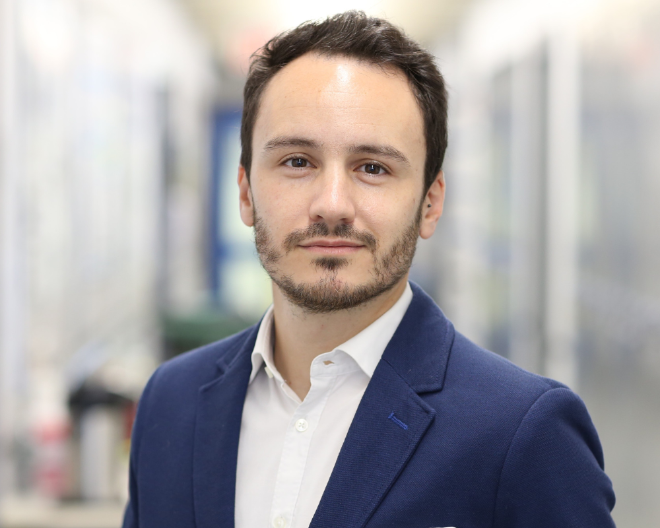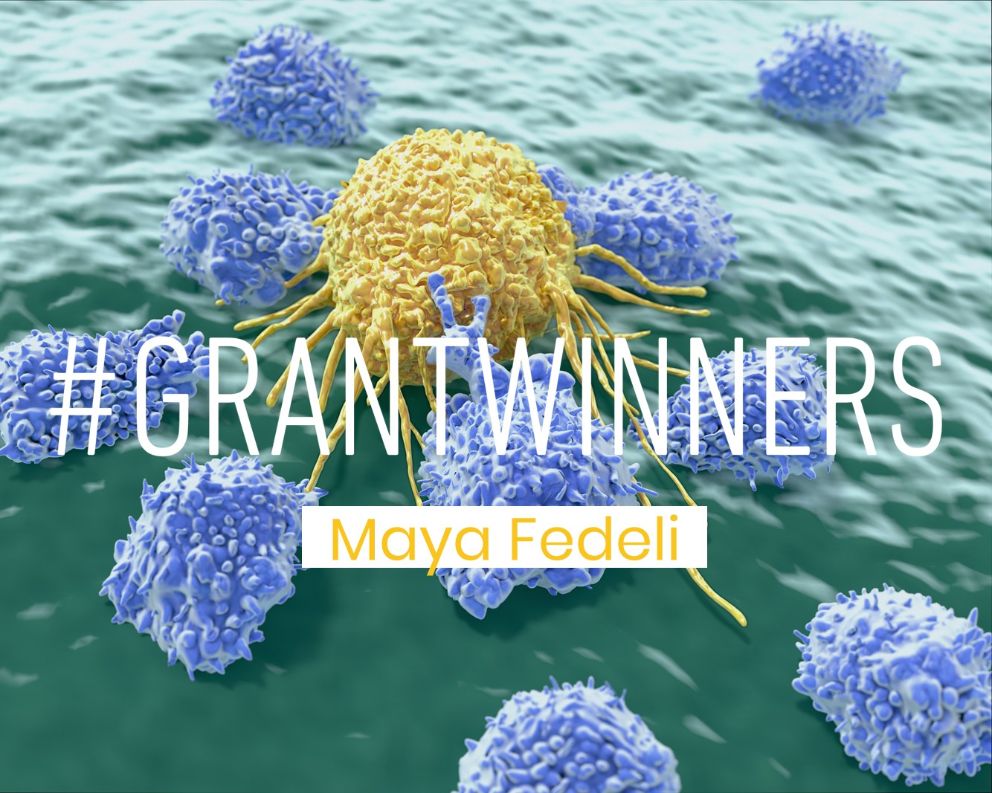
“Projects for young researchers give us the opportunity to grow and gain experience, and then become independent in the future. Receiving this Cariplo funding has been a great honor and a great responsibility as well. It also came at a very particular moment in my life, right at the end of my second maternity leave. It really allowed me to understand that I could continue to be a good scientist and a happy mom together”. These are the words of Dr. Maya Fedeli, researcher at the San Raffaele Experimental Immunology Unit. Always hungry for knowledge, since her childhood she has known what she would be when she grew up. Today, with a PhD in Immunology, she deals with studying the molecular mechanisms underlying the eternal fight between cancer and the immune system. The Cariplo call “Biomedical Research Conducted by Young Researchers” offers researchers under 40 the opportunity to develop and enhance independent careers, conducting research projects under their own responsibility. Thanks to the funding she won, she will explore the biological processes responsible for a new tumor escape mechanism.

The immune system and the fight against cancer
“Every day our immune system kills cells with randomly arisen mutations, which could cause them to become cancerous” Maya says. “Sometimes, however, these cells escape the control carried out by the immune system, hiding through various molecular mechanisms: the cancer is thus free to grow and manifest clinically. The tumor is then able not only to escape the attacks of the immune system, but it even manages to recruit some components that will act in favor of the tumor”. Re-educating the immune system to fight cancer cells is the ultimate goal of “cancer immunotherapy”. With this approach, numerous therapies have given surprising results in recent years, revolutionizing the therapeutic prospects for many cancer patients. In recognition of this, in 2018 James Allison and Tasuku Honjo were awarded the Nobel Prize for Medicine for their discovery of the possibility of treating cancer by blocking the inhibition of the immune response.
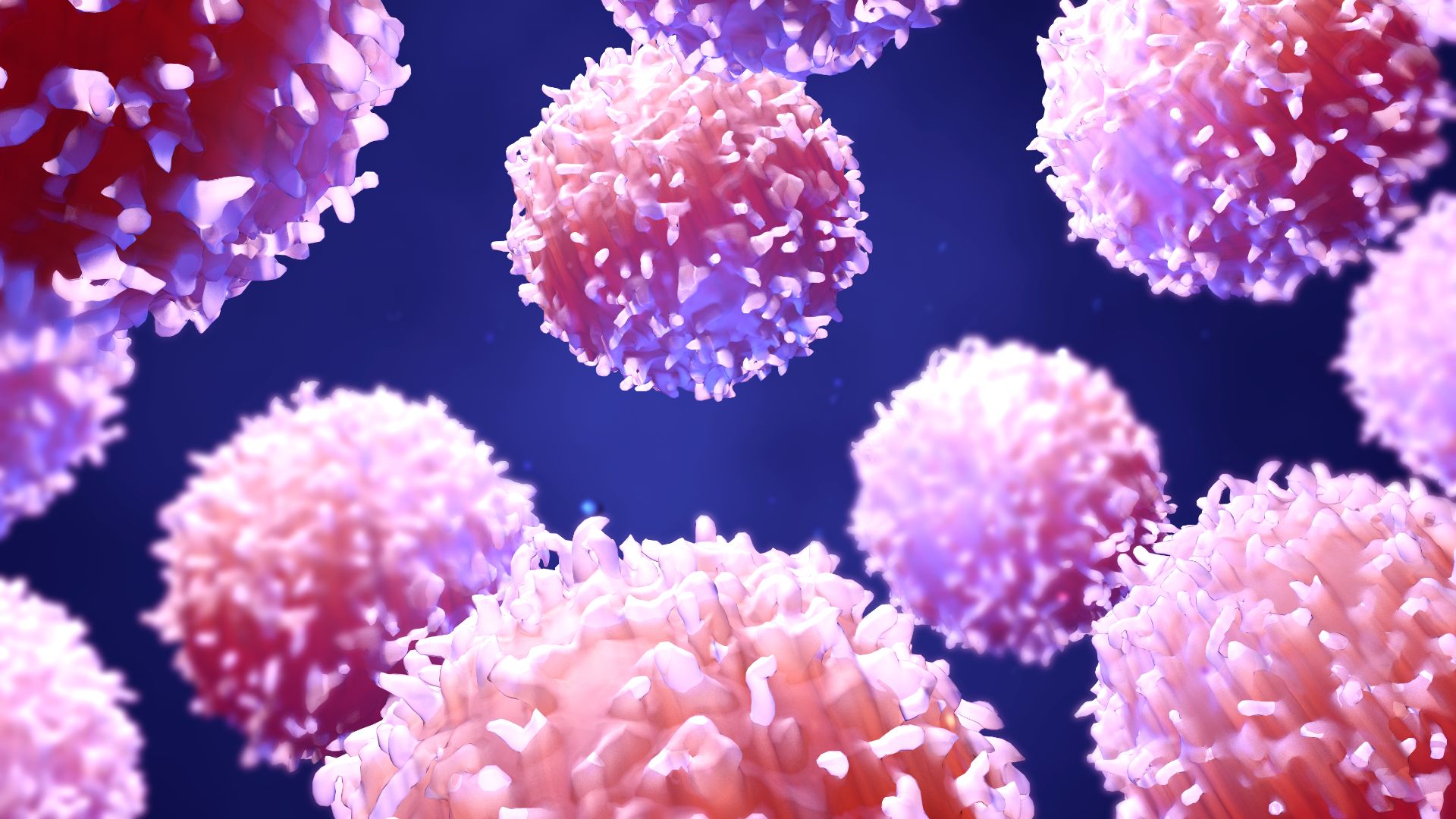
Maya’s project
The immune system is a complex network of tissues, cells and organs defending our body from germs (bacteria, viruses, fungi, parasites). When the immune system finds out something “different” from normal, it activates special cells (white blood cells) that travel to the point where the problem is, attack the invaders and eliminate them. Cancer cells can also be considered invaders and fought by the immune system. Tumors derive from a cell of the organism that “goes crazy”: it loses some of its properties, acquires others and begins to multiply beyond any rule. It is estimated that our immune system destroys a new cancer cell every day.
“In my project I study particular white blood cells called invariant Natural Killer T (iNKT) lymphocytes. Unlike other T lymphocytes (which require a specific activation cycle), these are already “armed” and ready to fight. Once activated, they regulate the functions of other immunity cells. Many experimental evidences claim that iNKT cells have an important role in the surveillance of the immune system (“immunosurveillance”) against solid and hematological tumors. The acquisition of deep functional defects by these cells during tumor progression has a significant negative impact on the prognosis of patients. The aim of my project is to define the molecular mechanisms that lead to dysfunctionality of iNKT cells, through multi-parametric analyses in different experimental models, with the ultimate goal of identifying possible targets to be included in new immunotherapeutic approaches for cancer”.
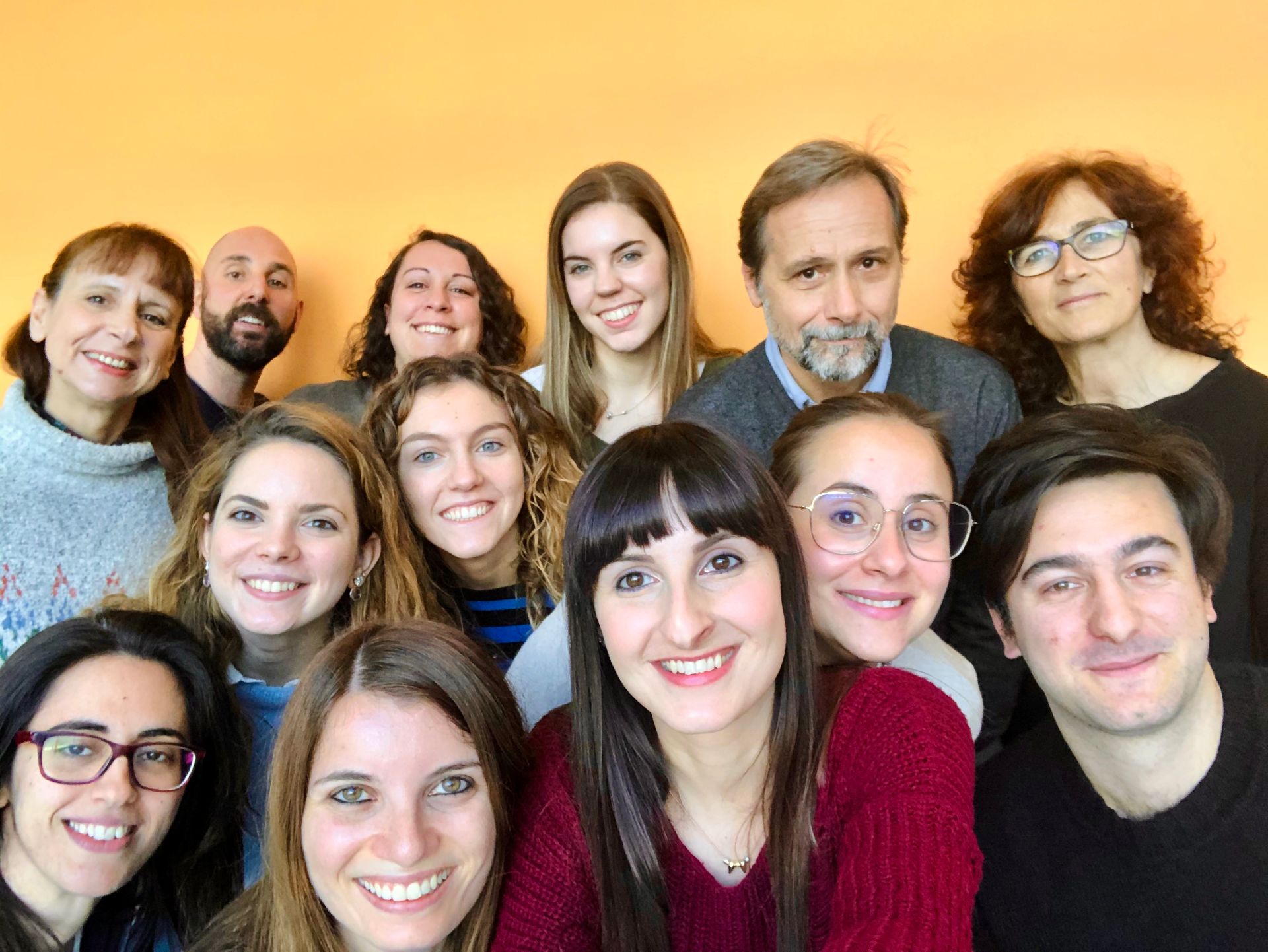
The team of the Experimental Immunology Unit; in the second row from the right, Dr. Giulia Casorati, Group Leader of the Unit, and Dr. Paolo Dellabona, Director of the Division of Immunology, Transplants and Infectious Diseases.
The passion for cancer immunotherapy
After graduating in Medical Biotechnology and Molecular Medicine with an oncological specialization, Maya earned a PhD in Immunology. “Since university, when I started reading the first articles on cancer immunotherapy, I understood that this would be the field where I wanted to make my contribution. I first studied how cancer cells became immortal (at the National Cancer Institute) and then, during my doctorate (at San Raffaele), I studied how invariant NKT lymphocytes develop”. By combining the topic she was most passionate about with the basic research skills acquired during her career, she became ready for a more application-oriented project: “This funding will allow me to devote myself to a more translational research, which bridges the laboratory bench and the hospital beds”.
Tags:
You might be interested in
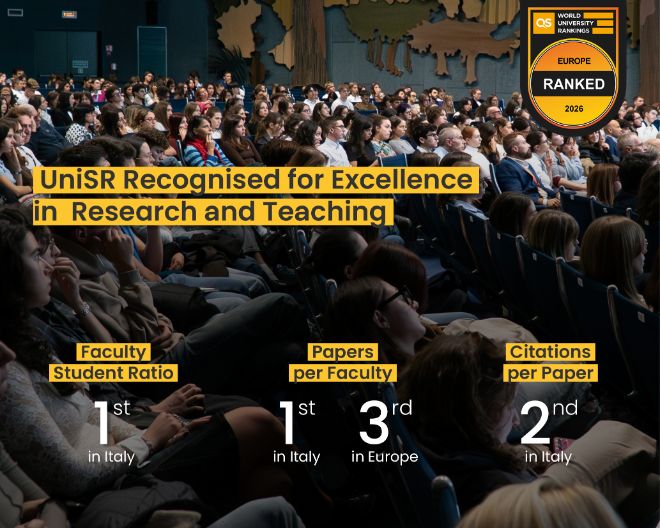
UniSR ranked 1st in Italy for Research and Teaching
/resolutions/res-c660x528/Veschetti_Cariplo_P.-Aeruginosa_UniSR-(1).jpg)
Uncovering the hidden role of bacterial microRNAs in chronic respiratory diseases

A New Approach to Enhance Immunotherapy in Multiple Myeloma
